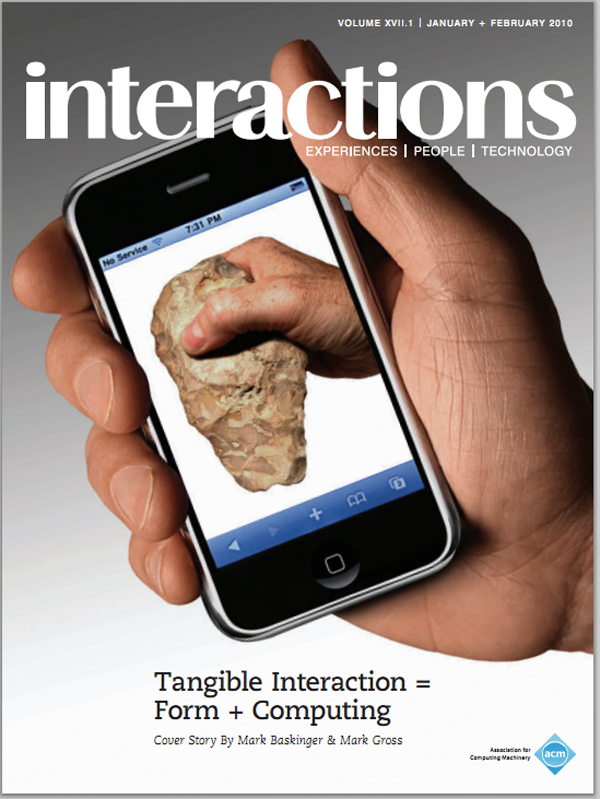Authors:
Javier Marco, Sandra Baldassarri, Eva Cerezo, Diana Xu, Janet Read
In the past 15 years, Tangible User Interfaces (TUIs) have emerged as an ideal technology for delivering child-computer interaction that is adapted to children's psychomotor and cognitive skills development. The rapid evolution of these tangible technologies has meant that there has been little or no time to build a foundation for the design of games and learning applications that could offer pleasant and useful experiences to children. Our research group specializes in multimodal and natural human-computer interaction and conducts child-focused research that highlights children's real needs and wants. This approach can be highly rewarding when designing new interfaces and…
You must be a member of SIGCHI, a subscriber to ACM's Digital Library, or an interactions subscriber to read the full text of this article.
GET ACCESS
Join ACM SIGCHIIn addition to all of the professional benefits of being a SIGCHI member, members get full access to interactions online content and receive the print version of the magazine bimonthly.
Subscribe to the ACM Digital Library
Get access to all interactions content online and the entire archive of ACM publications dating back to 1954. (Please check with your institution to see if it already has a subscription.)
Subscribe to interactions
Get full access to interactions online content and receive the print version of the magazine bimonthly.







Post Comment
No Comments Found